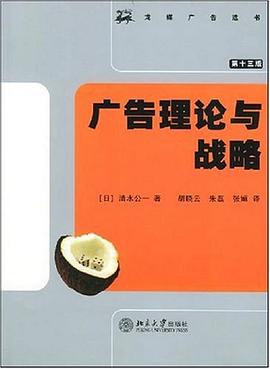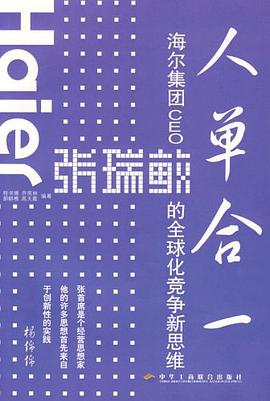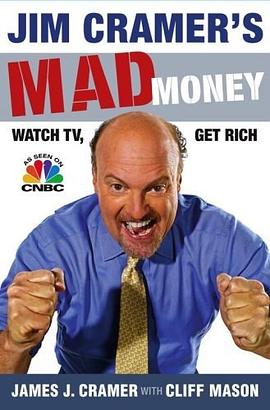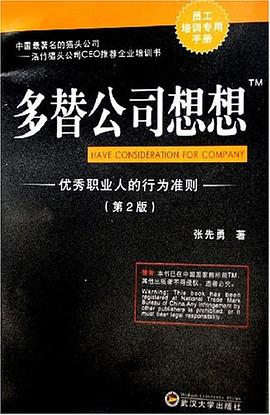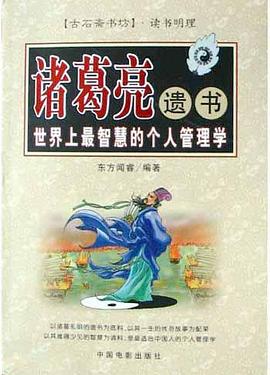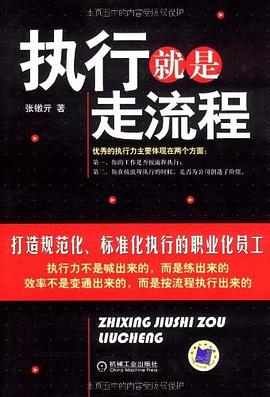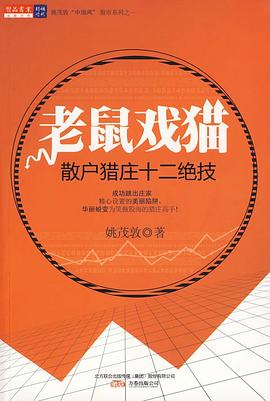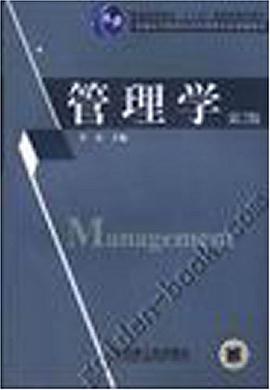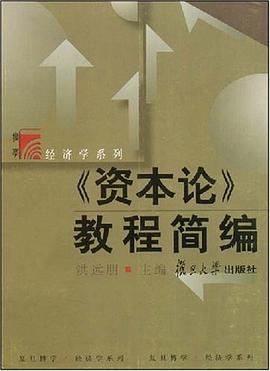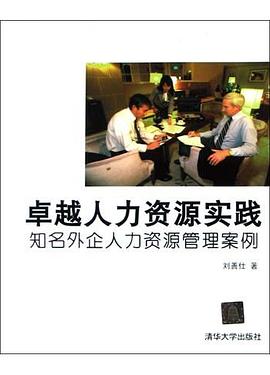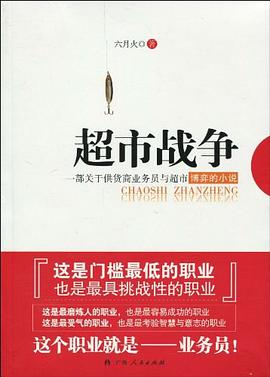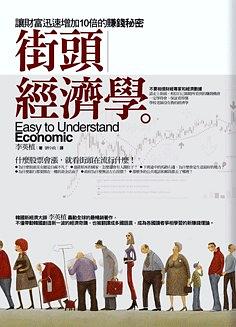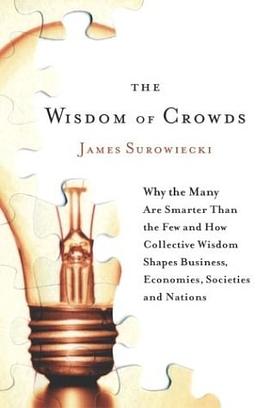

具體描述
“No one in this world, so far as I know, has ever lost money by underestimating the intelligence of the great masses of the plain people.” —H. L. Mencken
H. L. Mencken was wrong.
In this endlessly fascinating book, New Yorker columnist James Surowiecki explores a deceptively simple idea that has profound implications:large groups of people are smarter than an elite few, no matter how brilliant—better at solving problems, fostering innovation, coming to wise decisions, even predicting the future.
This seemingly counterintuitive notion has endless and major ramifications for how businesses operate, how knowledge is advanced, how economies are (or should be) organized and how we live our daily lives. With seemingly boundless erudition and in delightfully clear prose, Surowiecki ranges across fields as diverse as popular culture, psychology, ant biology, economic behaviorism, artificial intelligence, military history and political theory to show just how this principle operates in the real world.
Despite the sophistication of his arguments, Surowiecki presents them in a wonderfully entertaining manner. The examples he uses are all down-to-earth, surprising, and fun to ponder. Why is the line in which you’re standing always the longest? Why is it that you can buy a screw anywhere in the world and it will fit a bolt bought ten-thousand miles away? Why is network television so awful? If you had to meet someone in Paris on a specific day but had no way of contacting them, when and where would you meet? Why are there traffic jams? What’s the best way to win money on a game show? Why, when you walk into a convenience store at 2:00 A.M. to buy a quart of orange juice, is it there waiting for you? What do Hollywood mafia movies have to teach us about why corporations exist?
The Wisdom of Crowds is a brilliant but accessible biography of an idea, one with important lessons for how we live our lives, select our leaders, conduct our business, and think about our world.
著者簡介
詹姆斯•索羅維基(James Surowiecki)
《紐約客》雜誌特約撰稿人。他的文章見諸很多齣版物,包括《紐約時報》《華爾街日報》《藝術論壇報》《連綫》雜誌和《候選人名單》雜誌。索羅維基最初在《紐約客》雜誌的“金融專版”闡述瞭群體智慧的思想,迴答瞭美國社會長期以來對群體智慧和團隊決策能力的質疑。
圖書目錄
讀後感
读这书读到一半的时候,我猛然想起俺们中国人的俗话:三个臭皮匠,凑成一个诸葛亮。 这本书的作者,把现代西方的科学家对于群体智慧的各种研究做了一个综述。它不是给出一个结论,而是告诉我们是如何得出这个结论的,是怎样研究,怎样设计实验来获得数据的。 俺大学的时候,...
評分 評分群体决策究竟智慧还是愚蠢?集权究竟高效还是低效?两者如何结合,并如何决定两种模式在什么情况下使用。这是群体心理学的诸多著述试图解决和研究的问题。 最具有耸动性的言论来自于勒庞,那就是群体的愚蠢,即乌合之众。乌合之众的形成是实实在在的现象,成因乃在于其组织的封...
評分我是在读勒庞的《乌合之众》之后阅读的这本书。在中国的历史上,群体通常是狂热、破坏的代名词,无论是历次的农民运动,各种迷信运动的兴起,群体都在其中扮演着推波助澜的角色。或许,“群氓”这个词能更好的表示这些群体。在互联网成为信息主要扩散渠道的今天,各种大大小小...
評分以下个人观感,主要是对个人独立性的关注,以及脑洞。 倘若按照一定的规则将群体组织起来,获得有效的结果,并以某种方式分析,那么,在存在确定答案的情况下,群体所得出的结论将是可能状况的最优解。 以上是我对此书的总结,书中对每个关键词都佐以了理论阐释和实验及观测...
用戶評價
三個臭皮匠勝過一個諸葛亮。以及這三個臭皮匠的先決條件。
评分三個臭皮匠勝過一個諸葛亮。以及這三個臭皮匠的先決條件。
评分三個臭皮匠勝過一個諸葛亮。以及這三個臭皮匠的先決條件。
评分三個臭皮匠勝過一個諸葛亮。以及這三個臭皮匠的先決條件。
评分三個臭皮匠勝過一個諸葛亮。以及這三個臭皮匠的先決條件。
相關圖書
本站所有內容均為互聯網搜索引擎提供的公開搜索信息,本站不存儲任何數據與內容,任何內容與數據均與本站無關,如有需要請聯繫相關搜索引擎包括但不限於百度,google,bing,sogou 等
© 2025 book.quotespace.org All Rights Reserved. 小美書屋 版权所有


